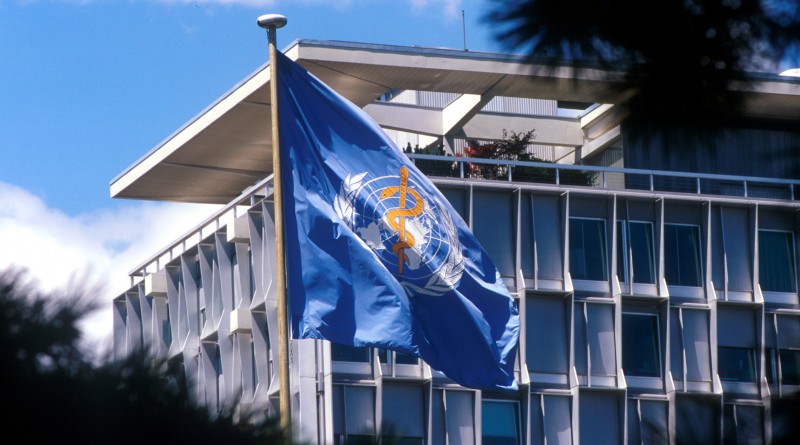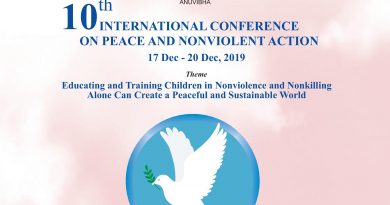CGNK contributes to define global research priorities on violence prevention
The research article “Global research priorities for interpersonal violence prevention: a modified Delphi study” has just been published in the first 2017 issue of the Bulletin of the World Health Organization (95/1), after several years of research conduced at the World Health Organization Violence Prevention Alliance Research Agenda Project group. The article is co-authored by CGNK Director Joám Evans Pim that has been involved in the Project group on behalf of the Center for Global Nonkilling. Other co-authors are Christopher R Mikton (University of the West of England), Harriet L MacMillan and Masako Tanaka (McMaster University), Mark Tomlinson (Stellenbosch University),David L Streiner and Lil Tonmyr (Public Health Agency of Canada), Bandy X Lee (Yale University), Jane Fisher (Monash University), Kathy Hegadoren (University of Alberta), Shr-Jie Sharlenna Wang (Danish Institute against Torture).
Download “Global research priorities for interpersonal violence prevention” BulletinWHO2017.pdf – Downloaded 1114 times – 1.66 MBThe goal of the project was to establish global research priorities for interpersonal violence prevention using a systematic approach. Research priorities were identified in a three-round process involving two surveys. In round 1, 95 global experts in violence prevention proposed research questions to be ranked in round 2. Questions were collated and organized according to the four-step public health approach to violence prevention. In round 2, 280 international experts ranked the importance of research in the four steps, and the various substeps, of the public health approach. In round 3, 131 international experts ranked the importance of detailed research questions on the public health step awarded the highest priority in round 2.
In round 2, “developing, implementing and evaluating interventions” was the step of the public health approach awarded the highest priority for four of the six types of violence considered (i.e. child maltreatment, intimate partner violence, armed violence and sexual violence) but not for youth violence or elder abuse. In contrast, “scaling up interventions and evaluating their cost–effectiveness” was ranked lowest for all types of violence. In round 3, research into “developing, implementing and evaluating interventions” that addressed parenting or laws to regulate the use of firearms was awarded the highest priority. The key limitations of the study were response and attrition rates among survey respondents. However, these rates were in line with similar priority-setting exercises. These findings suggest it is premature to scale up violence prevention interventions. Developing and evaluating smaller-scale interventions should be the funding priority.




